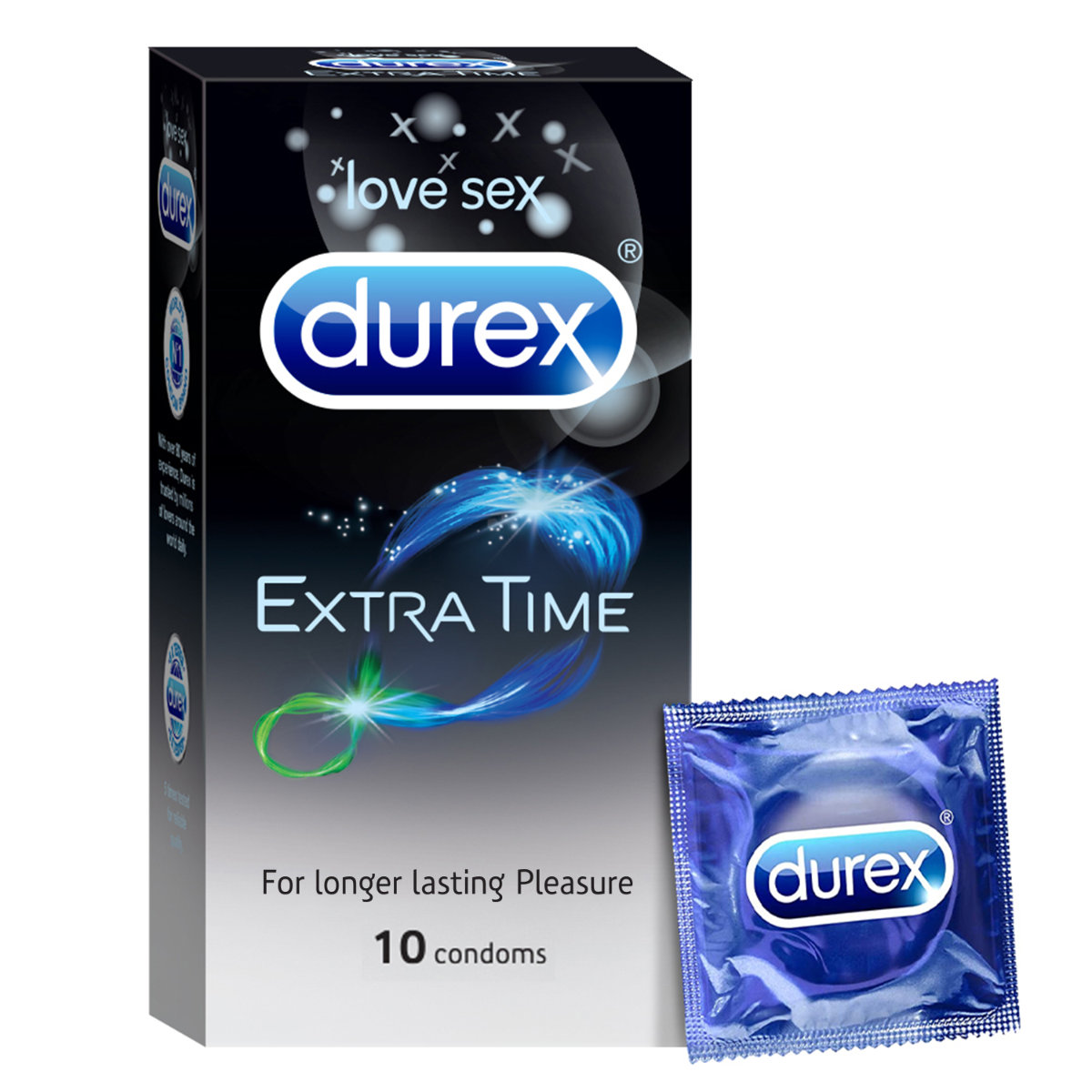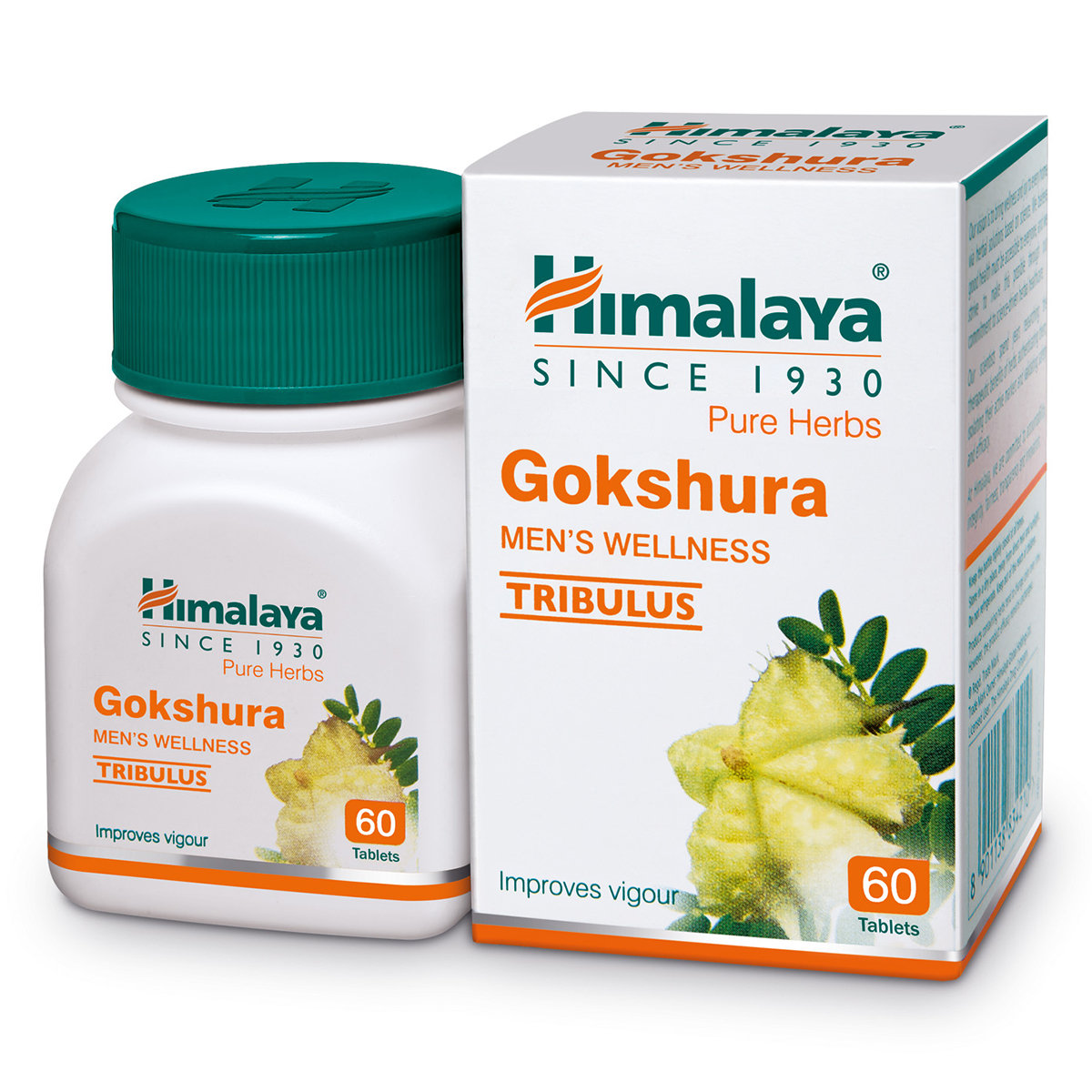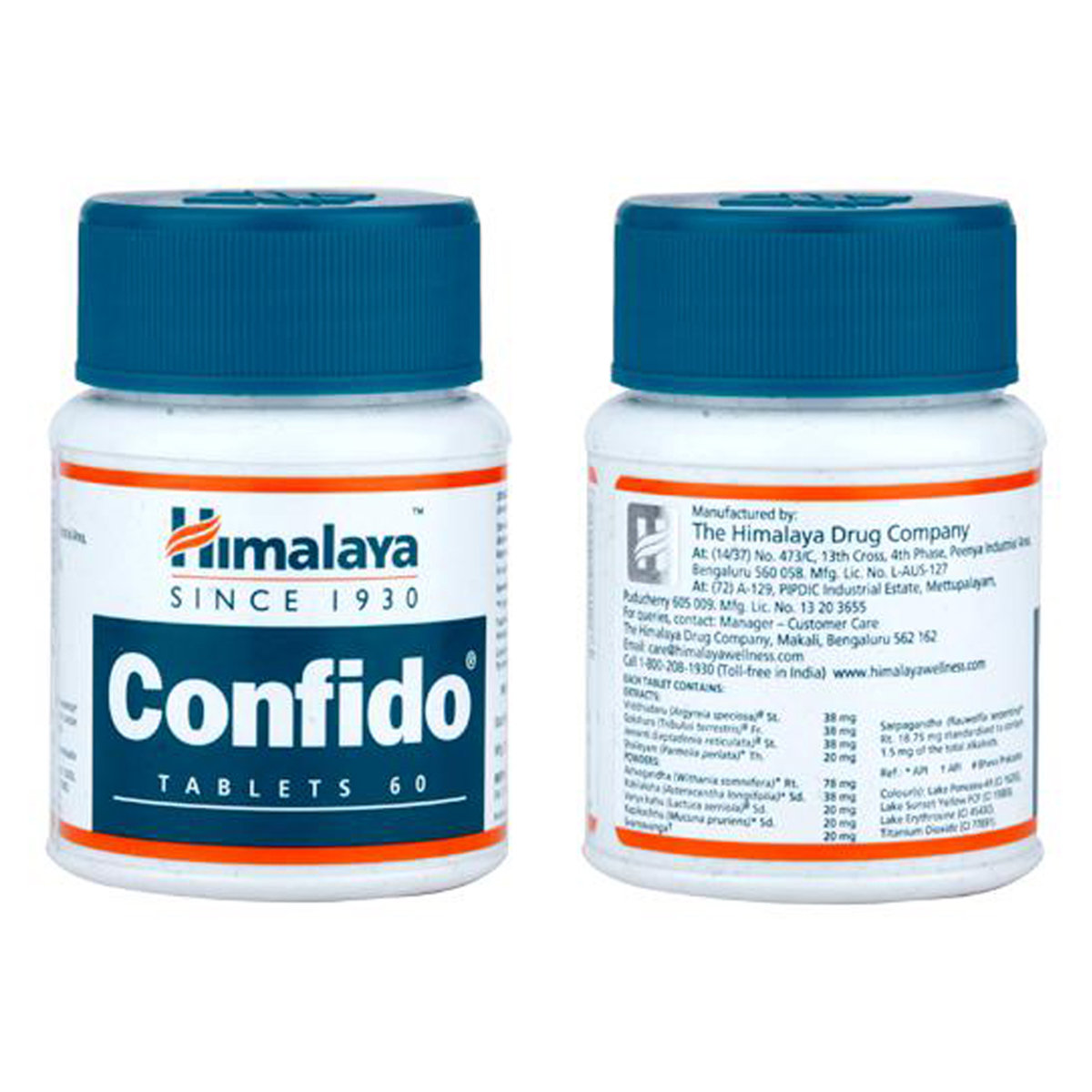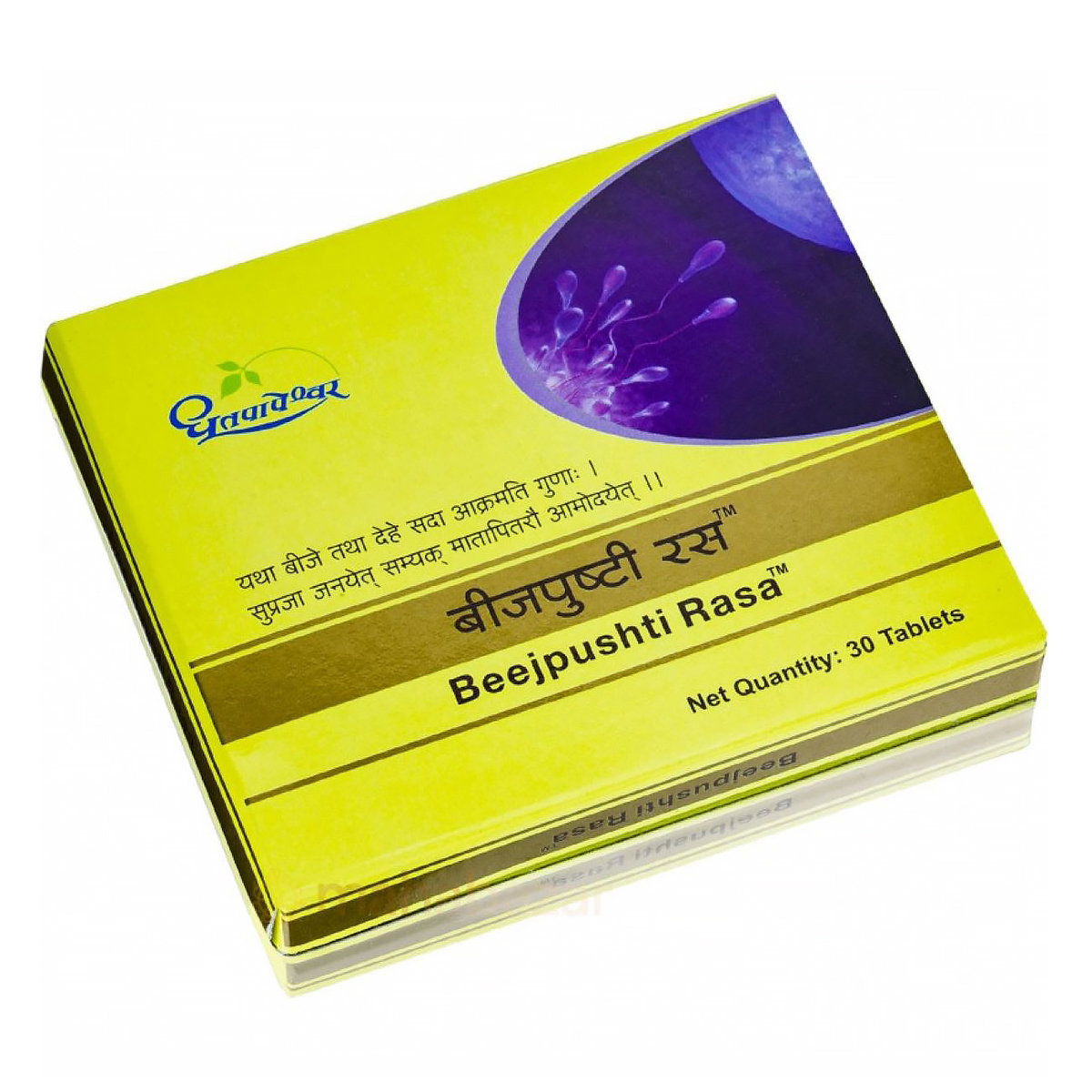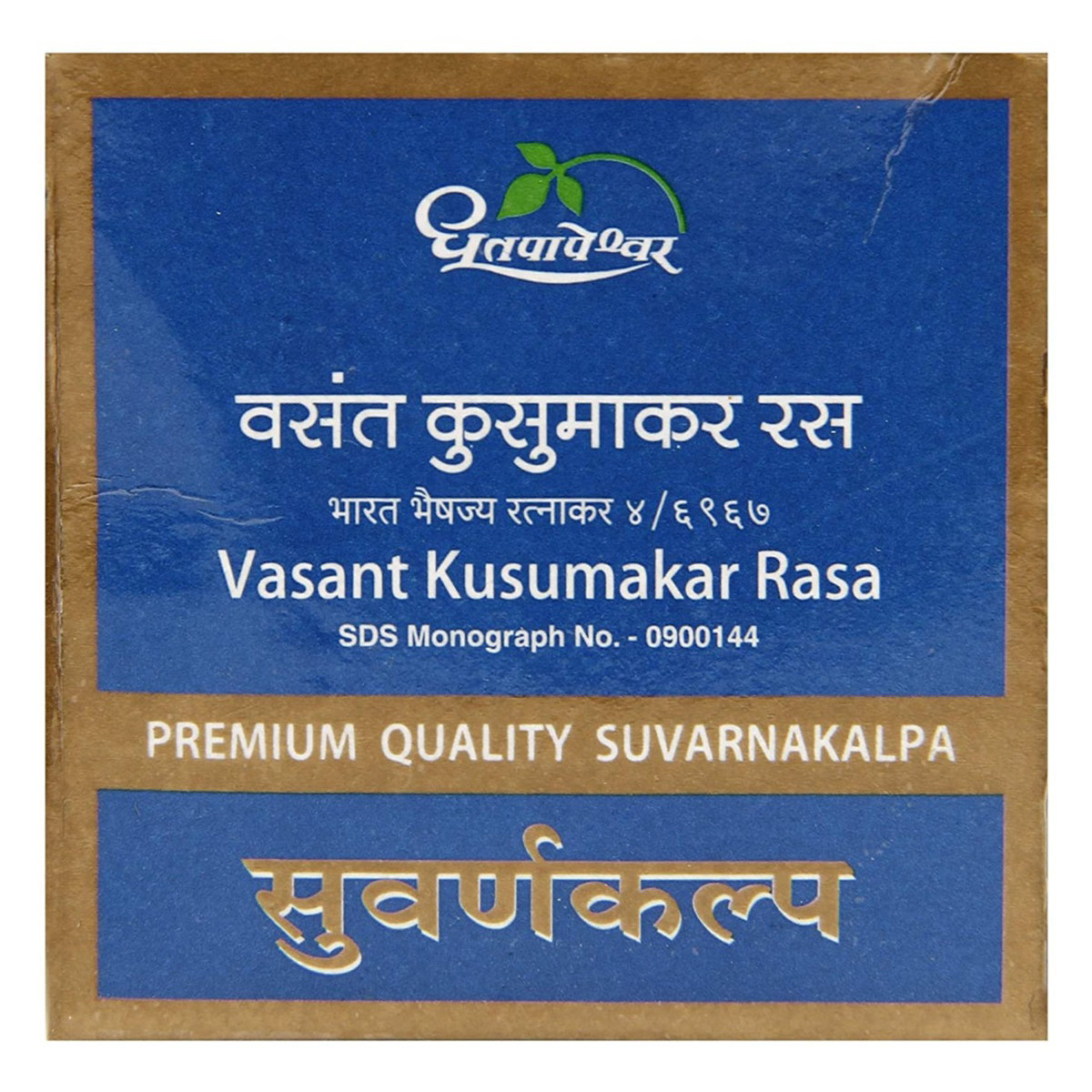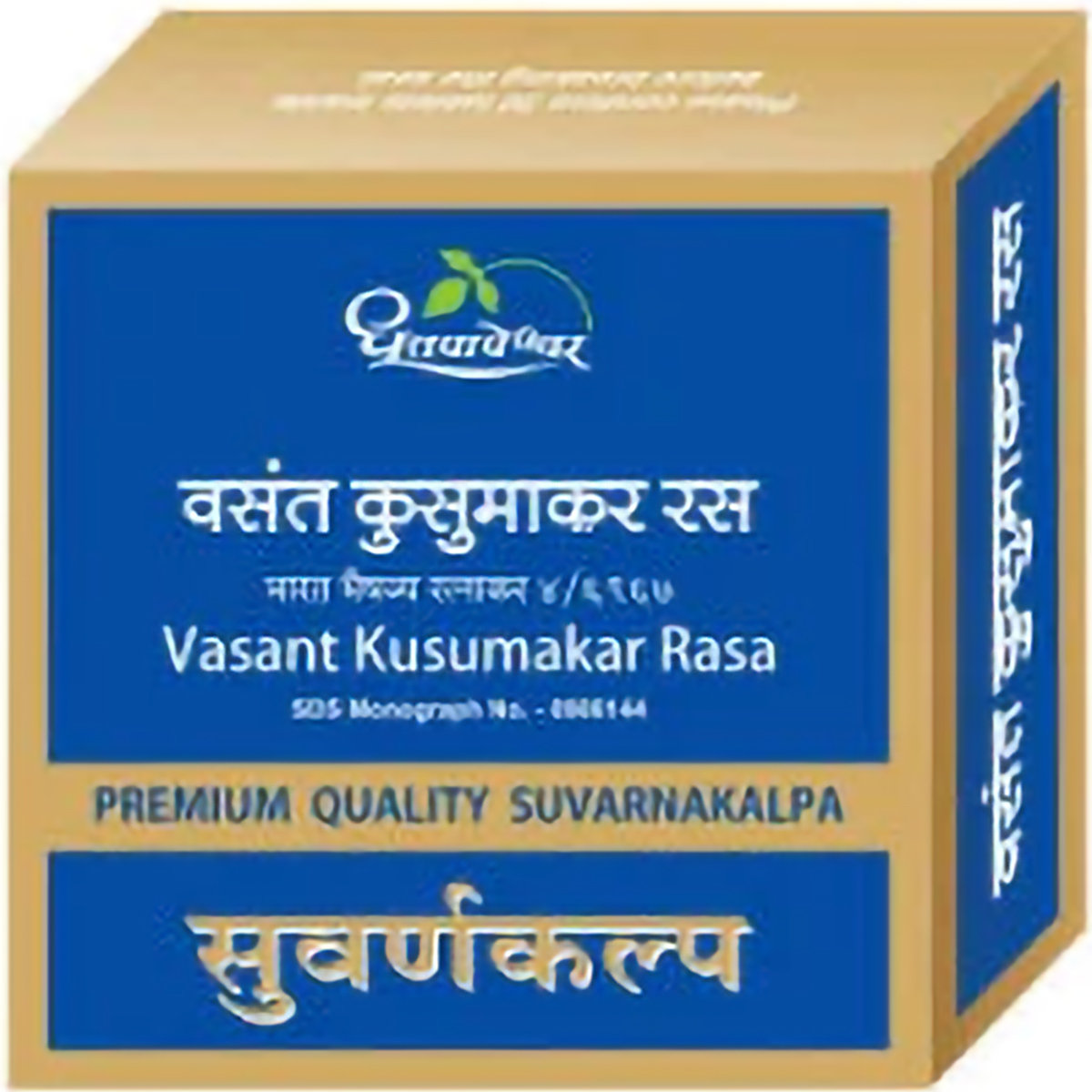Duracard 1mg Tablet 10's
MRP ₹40
(Inclusive of all Taxes)
₹6.0 Cashback (15%)
Know Your Delivery Time
Provide Delivery Location

Secure Payment

India's Most Trusted Pharmacy

Genuine Products
Composition :
Manufacturer/Marketer :
Consume Type :
Return Policy :
Expires on or after :
About Duracard 1mg Tablet
Duracard 1mg Tablet belongs to a class of drugs called alpha-blockers used to treat hypertension (high blood pressure) and symptoms of benign prostatic hyperplasia (enlarged prostate). Hypertension is a condition in which the force exerted by the blood against the artery walls becomes so high that it causes health problems, such as heart disease. Benign prostatic hyperplasia is a condition in men that causes enlargement of the prostate gland.
Duracard 1mg Tablet contains Doxazosin which works by blocking alpha receptors on the muscle in the walls of the blood vessel. Thereby, it relaxes and widens blood vessels so that blood passes through them more easily. This helps to lower blood pressure.
Take Duracard 1mg Tablet as prescribed. Your doctor will advise you on how often you take Duracard 1mg Tablet based on your medical condition. Sometimes, Duracard 1mg Tablet may cause side effects such as dizziness, weakness, headache, cough, back pain, stomach pain, dry mouth, heartburn or indigestion. Most of these side effects of Duracard 1mg Tablet do not require medical attention and gradually resolve over time. However, if the side effects persist, please consult your doctor.
If you are allergic to Doxazosin, prazosin, terazosin or any other medicines, please tell your doctor. Duracard 1mg Tablet is not recommended for children below 18 years as the safety and effectiveness were not established. If you are pregnant or planning for pregnancy, inform your doctor before taking Duracard 1mg Tablet . Duracard 1mg Tablet is not recommended for breastfeeding mothers unless advised by a doctor. Drive only if you are alert after taking Duracard 1mg Tablet , as it may cause weakness or dizziness. If you are about to undergo cataract eye surgery, inform your eye specialist that you are taking or have previously used Duracard 1mg Tablet .
Uses of Duracard 1mg Tablet
Duracard 1mg Tablet is used in the treatment of hypertension (high blood pressure) and symptoms of benign prostatic hyperplasia (BPH). The detailed uses of Duracard 1mg Tablet are as follows:
- Lowers high blood pressure: Duracard 1mg Tablet relaxes and widens blood vessels, making it easier for blood to flow and reducing blood pressure.
- Relieves BPH symptoms: Duracard 1mg Tablet helps ease urinary problems like frequent or difficult urination caused by an enlarged prostate.
- Supports overall heart and urinary health: Duracard 1mg Tablet manages both blood pressure and prostate-related issues, improving quality of life.

Have a query?
Directions for Use
- Duracard 1mg Tablet can usually be taken with breakfast or as advised by the doctor.
- It is recommended to take it once a day or as prescribed by the doctor.
- Swallow Duracard 1mg Tablet as a whole with a glass of water.
- Do not chew, crush, or break it.
Medicinal Benefits
Duracard 1mg Tablet contains Doxazosin used to treat hypertension (high blood pressure). It works by blocking alpha receptors on the muscle in the walls of the blood vessels. Thereby, it relaxes and widens blood vessels so that blood passes through them more easily. This helps to lower blood pressure. Also, it relaxes muscles around the bladder exit and prostate gland. Thus, it helps to treat symptoms of benign prostatic hyperplasia (enlarged prostate) by making it easier to pass urine and empty the bladder.
How Duracard 1mg Tablet Works
Storage
What if I have taken an overdose of Duracard 1mg Tablet
Drug Warnings
If you are allergic to Doxazosin, prazosin, terazosin or any other medicines, please tell your doctor. Duracard 1mg Tablet is not recommended for children below 18 years as the safety and effectiveness were not established. If you are pregnant or planning for pregnancy, inform your doctor before taking Duracard 1mg Tablet . Duracard 1mg Tablet is not recommended for breastfeeding mothers unless advised by a doctor. Drive only if you are alert after taking Duracard 1mg Tablet as it may cause weakness or dizziness. If you are about to undergo cataract eye surgery, inform your eye specialist that you are taking or have previously used Duracard 1mg Tablet as it may cause complications during the surgery. Duracard 1mg Tablet may cause persistent painful erections very rarely. However, if this happens, contact a doctor immediately.
Drug-Drug Interactions
Drug-Drug Interactions
Login/Sign Up
Drug-Food Interactions
Drug-Food Interactions
Login/Sign Up
Diet & Lifestyle Advise
- Maintain a low-salt diet and minimize eating processed foods as they contain more sodium. Try to replace salt with spices or herbs to add flavour to the food.
- Do regular exercise such as cycling, walking, jogging, dancing, or swimming for a minimum of 30 minutes per day.
- Chronic stress may also cause high blood pressure. Therefore, avoid stress triggers and make time for yourself to relax and do activities that you enjoy.
- Maintain a diet that is rich in vegetables, fruits, whole grains, and low-fat dairy products.
- Try to include heart-healthy omega-3 fatty acid-containing foods in your daily diet. You can also use low-fat cooking oil like olive oil, soybean oil, canola oil, and coconut oil, which may help in lowering high blood pressure.
- Quit smoking and avoid the consumption of alcohol.
Habit Forming
Therapeutic Class
All Substitutes & Brand Comparisons
RX
Out of StockDOXACARD 1MG TABLET
Cipla Ltd
₹31
(₹2.73 per unit)
24% CHEAPER
Alcohol
Unsafe
Avoid alcohol consumption with Duracard 1mg Tablet as it may increase the blood pressure-lowering effect of Duracard 1mg Tablet and cause dizziness or light-headedness.
Pregnancy
Consult your doctor
Limited information is available on the safety of Duracard 1mg Tablet in pregnant women. Therefore, if you are pregnant or planning pregnancy, consult your doctor before taking this medicine.
Breast Feeding
Caution
Small amounts of Doxazosin may be excreted in human milk. Therefore, Duracard 1mg Tablet is not recommended for breastfeeding mothers unless advised by a doctor.
Driving
Caution
Duracard 1mg Tablet may cause dizziness or weakness in some people. Therefore, avoid driving if you feel dizzy or weak after taking Duracard 1mg Tablet .
Liver
Consult your doctor
If you are suffering from or have a history of liver diseases/conditions, inform your doctor before taking Duracard 1mg Tablet . Your doctor may adjust the dose or prescribe a suitable alternative based on your condition.
Kidney
Consult your doctor
If you are suffering from or have a history of kidney diseases/conditions, inform your doctor before taking Duracard 1mg Tablet . Your doctor may adjust the dose or prescribe a suitable alternative based on your condition.
Children
Unsafe
Duracard 1mg Tablet is not recommended for children below 18 years as the safety and effectiveness were not established.
Heart
Please consult your doctor if you have any pre-existing heart disease before using Duracard 1mg Tablet .
Geriatrics
Caution
Duracard 1mg Tablet should be used in the elderly only if advised by a doctor, as dose adjustment may be required.
FAQs
Duracard 1mg Tablet is used to treat Hypertension (high blood pressure) and symptoms of Benign prostatic hyperplasia.
Duracard 1mg Tablet contains Doxazosin, an alpha-blocker that works by blocking alpha-receptors present on the muscle in the walls of the blood vessels. Thereby, it relaxes and widens blood vessels so that blood passes through them more easily. This helps to lower blood pressure.
Duracard 1mg Tablet may be used to treat symptoms of an enlarged prostate gland, such as frequent urination or difficulty passing urine. Duracard 1mg Tablet contains Doxazosin which works by relaxing muscles around the bladder exit and prostate gland. Thus, it makes it easier to pass urine and empty the bladder.
Duracard 1mg Tablet may cause dizziness when standing up from sitting or lying position suddenly due to low blood pressure, especially when you start taking Duracard 1mg Tablet . Therefore, to avoid such effects, it is advised to stand up slowly from a sitting or lying position. Regular monitoring of blood pressure is recommended by your doctor at the beginning of therapy to reduce the possibility of such effects.
Duracard 1mg Tablet belongs to the group of medications called alpha-blockers. It is used to manage hypertension (high blood pressure) and symptoms of benign prostatic hyperplasia (enlarged prostate) which works by blocking alpha receptors in the muscle walls of blood vessels, causing them to relax and widen. This improves blood flow and helps lower blood pressure effectively.
Avoid consumption of alcohol while taking Duracard 1mg Tablet , as it may lead to blood pressure-lowering effects, potentially leading to dizziness or light-headedness. Additionally, avoid driving and operating heavy machinery unless you feel fully alert.
The side effects of Duracard 1mg Tablet include weakness, headache, cough, back pain, stomach pain, dry mouth, dizziness, heartburn or indigestion. Consult the doctor if any of these side effects persist or worsen.
The duration of treatment with Duracard 1mg Tablet will be based on your medical condition and how you respond to the medication. Therefore, you should take Duracard 1mg Tablet for as long as the doctor has prescribed it to treat your condition effectively. Please do not stop taking this medication abruptly, as it may worsen your condition.
Duracard 1mg Tablet should be taken orally with or without food as recommended by the doctor. Swallow it as a whole with a glass of water. Do not crush, chew or break it.
Country of origin
Manufacturer/Marketer address
Disclaimer
Author Details
We provide you with authentic, trustworthy and relevant information
Reference
- https://www.medicines.org.uk/emc/product/2663/pil
- https://www.medsafe.govt.nz/consumers/cmi/a/ApoDoxazosin.pdf
- https://www.hpra.ie/img/uploaded/swedocuments/2136404.PPA1151_022_002.28327fdf-bdc3-42ec-868d-364fb5a86aa4.000001Cardura%20leaflet.140220.pdf
- https://www.nhs.uk/medicines/doxazosin/about-doxazosin/
- https://www.apotex.com/products/us/downloads/pil/doxa_imtb_pil.pdf





